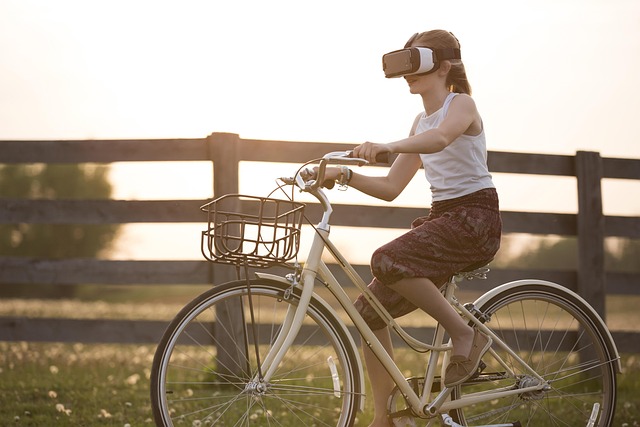Exploring the Future of Education Through Virtual Reality Studies
In recent years, education has undergone a significant transformation, driven by the rapid advancement of technology. One of the most exciting developments is the rise of virtual reality studies, which promise to change the way we learn and experience knowledge. Imagine walking through a historical event, manipulating complex scientific structures, or engaging in immersive language lessons—all from the comfort of your classroom or home. This is not just a dream; it’s becoming a reality through the integration of virtual and augmented reality.
Virtual Reality and its Impact on Learning
Virtual reality (VR) provides students with a unique opportunity to dive into different environments, offering a rich sensory experience that traditional classroom settings cannot replicate. With VR, learners can explore the depths of the ocean, venture into space, or even navigate the streets of ancient Rome, all while interacting with digital elements that enhance their understanding of complex subjects.
Consider a biology lesson where students can observe cellular processes up close within a 3D environment. Not only does this make the learning process more engaging, but it also caters to various learning styles—visual learners benefit immensely from vivid representations, while kinesthetic learners thrive in interactive scenarios.
Augmented Reality: Enhancing Reality
Augmented reality (AR) takes this a step further by overlaying digital information onto the real world. Imagine a classroom where students can point a tablet at a textbook and have interactive models leap off the page. AR brings static images to life, allowing students to visualize concepts in a way that is tangible and relatable. This blend of real and virtual experiences ensures that learners not only receive information but can also apply it meaningfully.
The Metaverse: A New Frontier in Education
As we dive deeper into virtual reality studies, the notion of the metaverse has emerged as a significant player in the educational landscape. The metaverse offers a collective space where users can interact with a digital universe that is constantly evolving. In this virtual realm, educational institutions can create immersive classrooms that transcend geographical boundaries, enabling students from around the globe to collaborate and learn together.
The possibilities within the metaverse are endless. Students can participate in simulations that replicate real-world challenges, engage with experts in their fields, and gain insights from diverse perspectives. This not only enhances the learning experience but also prepares them for a globalized world where collaboration and innovation are key.
Challenges on the Horizon
Despite the immense potential, integrating virtual reality studies, AR, and the metaverse into educational frameworks comes with its own set of challenges. Accessibility remains a concern; ensuring that all students have the necessary technology and resources is essential for equitable learning experiences. Additionally, educators will need to adapt their teaching methodologies to effectively incorporate these new tools and enhance the learning outcomes.
The future of education is intertwined with technology, and as we embrace the possibilities offered by virtual reality, we must also acknowledge and address the challenges. By staying committed to innovation while ensuring inclusivity, we can reshape the educational landscape for generations to come.



